Patrick Galbraith: 'We both agreed that, regrettably, adulthood is merely a series of youthful illusions being shattered'
Patrick has been rubbing shoulders with communists, publishers, New York Times writers and alumni of Cheltenham Ladies' College — and sometimes several of them at once.
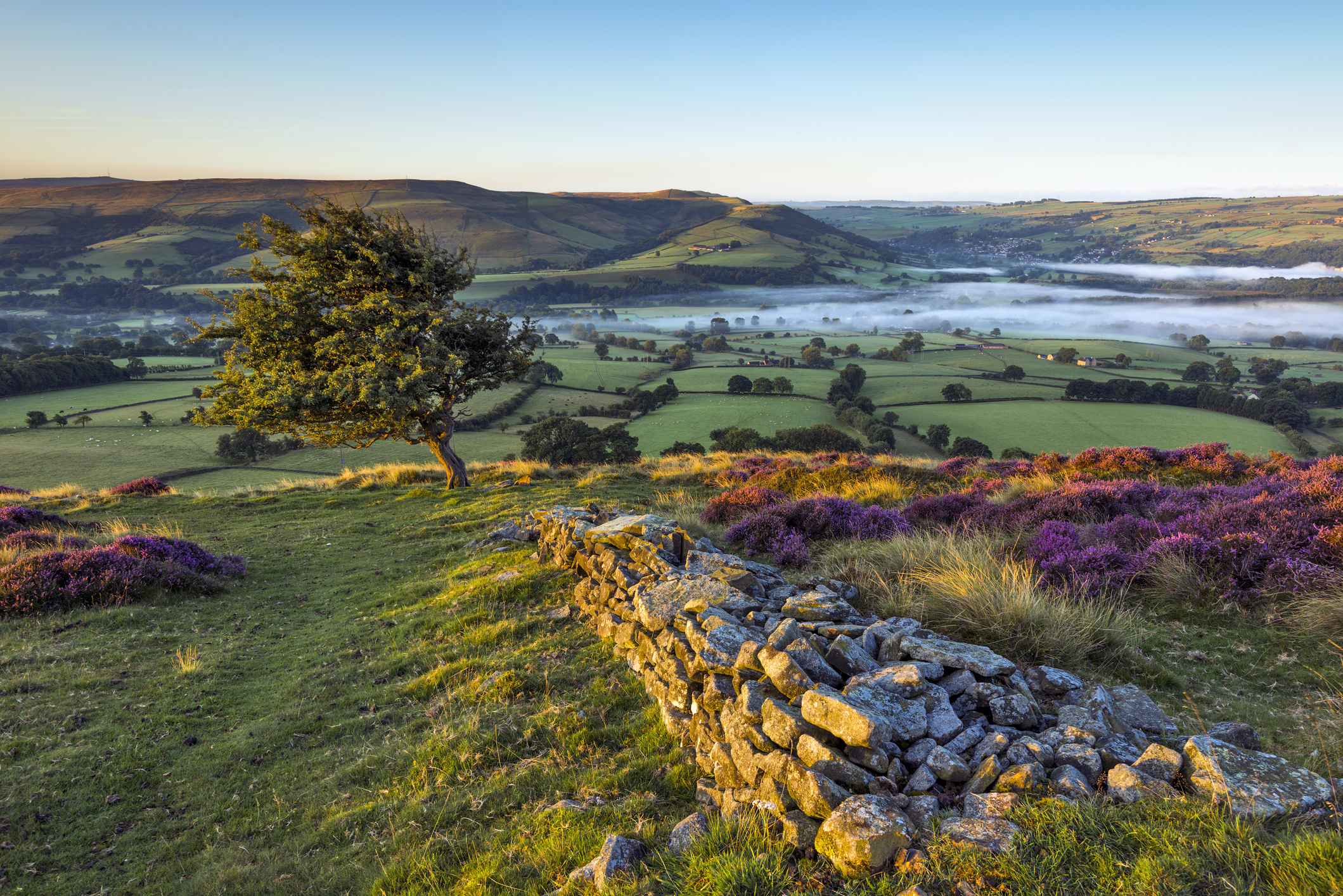
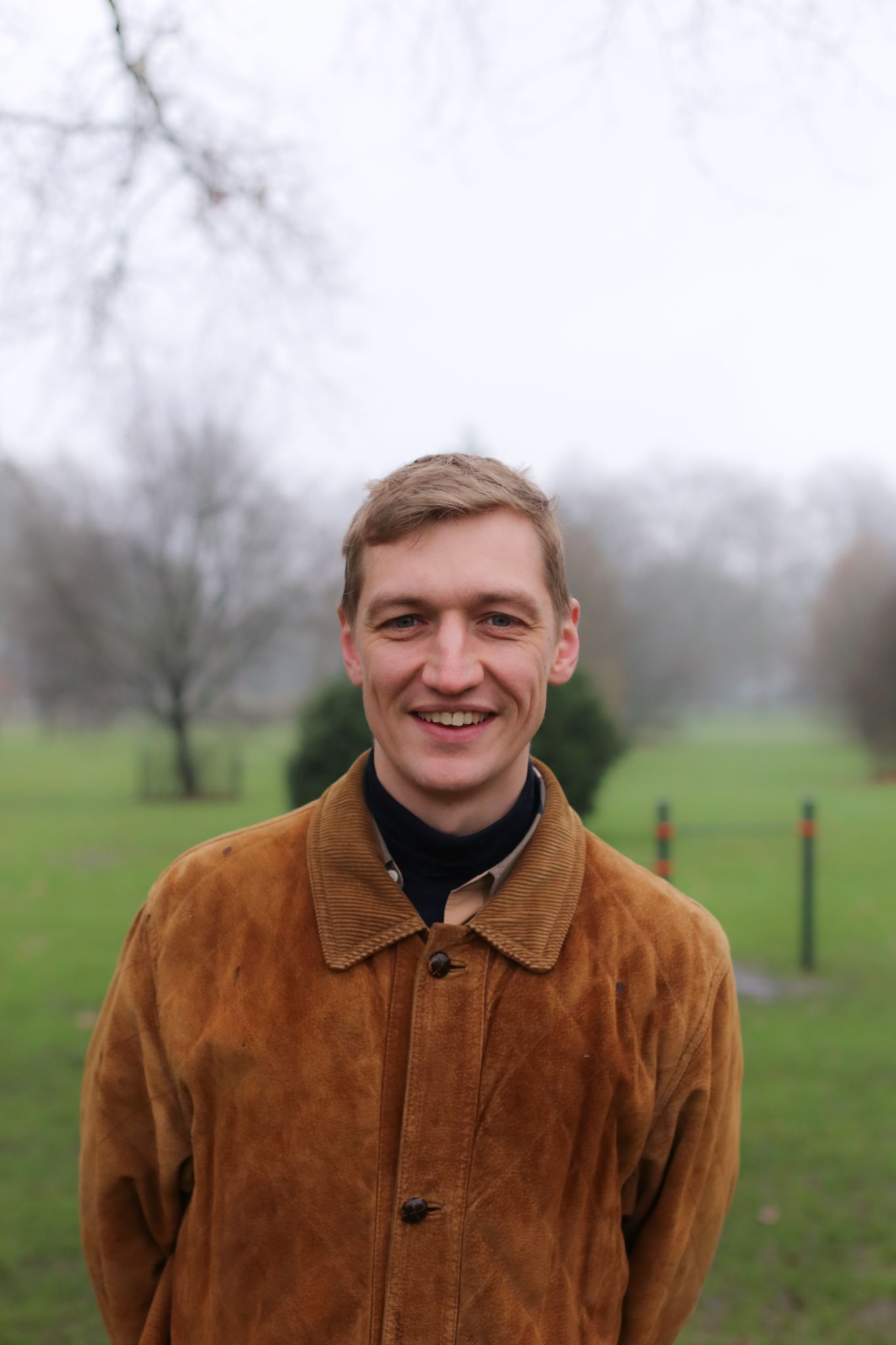
Some weeks ago at a party, I was chatting to a communist about her days at Cheltenham Ladies’ College. She has a reputation for being suspicious of people politically, but I’ve always thought it a bit unfair. At her wedding, she tactfully placed me on a table with an uncle who likes fishing and she didn’t seem to mind that I knew very few words of The Internationale, which admittedly was a welcome change after singing Jerusalem and Dear Lord and Father of Mankind at the 15 other weddings I went to that summer.
She told me that at school she used to look out of her boarding-house window at people in the building opposite and would wonder about how incredibly free life must be as an adult. We both agreed that, regrettably, adulthood is merely a series of youthful illusions being shattered. I told her that, when I was young, I always thought that authors get to write whatever they want — they head on down to see their publisher for lunch with a good idea and the whole thing is sewn up by coffee. ‘Sounds fascinating. Send the manuscript by bicycle courier in a year’s time.’
That illusion was shattered for me on a cold January day at the HarperCollins office. ‘It’s not that a book on the last salmon poachers in Britain sounds dull,’ my publisher said, ‘but how many copies do you think we’d sell?’ I told him that I would make sure it was an exceptionally good book. He replied sympathetically that no matter how good it was, the sales director would laugh him out of the building.
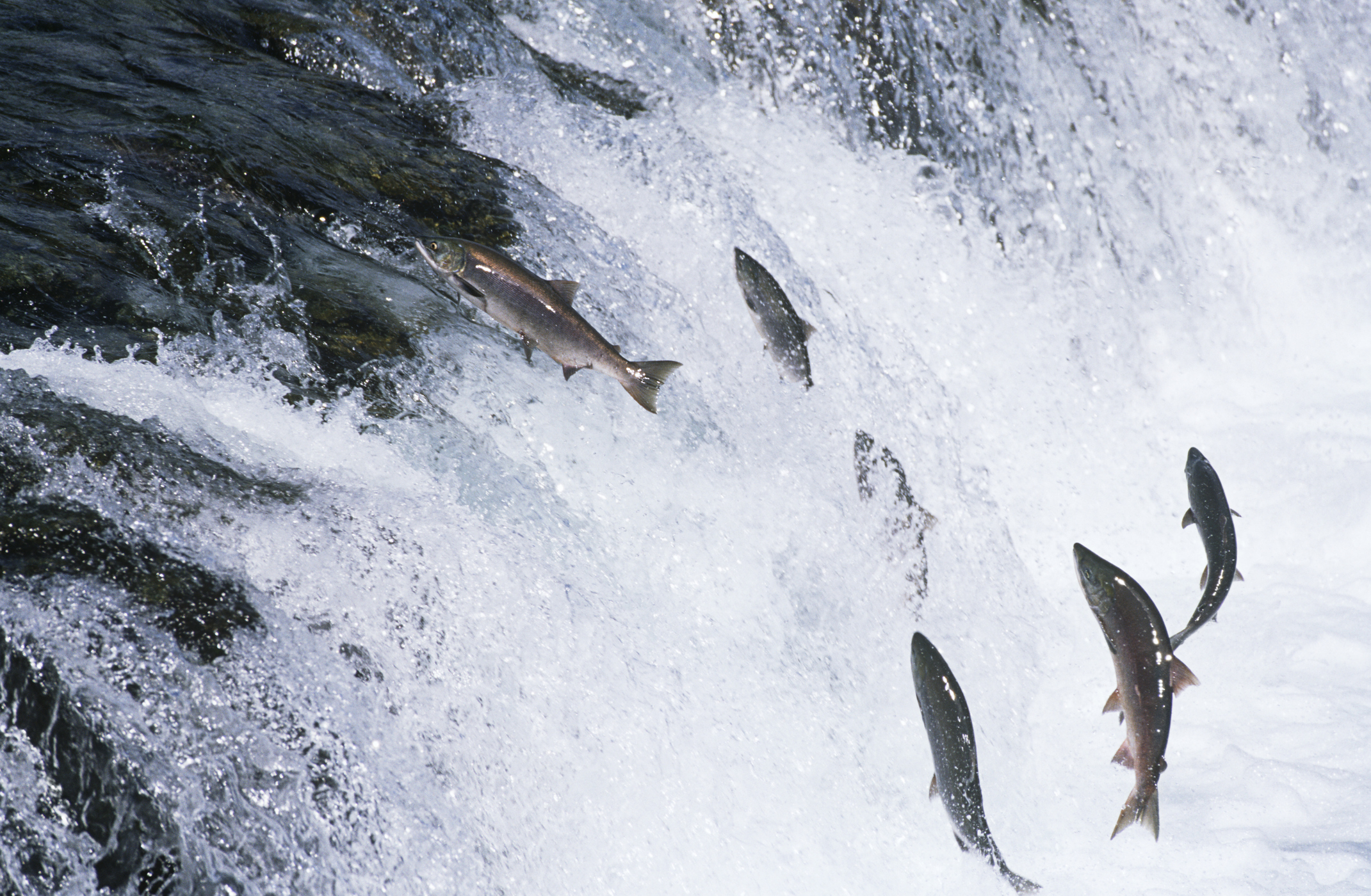
A couple of days later, we met for tapas (there is still money in publishing) and I presented him with a different idea, in which the salmon poaching had been relegated to a footnote. By the time our second glass of manzanilla came, he’d told me ‘yes, absolutely’, the proposal would fly. I won’t reveal exactly what the book’s about because it hasn’t been announced yet, but a few weeks ago, as part of my research, I was having a beer in Derbyshire with a handful of young communists and a couple of old boys dressed as if heading off to the Spanish Civil War — ‘most of our kit’s the genuine article,’ they told me proudly. As the sun went down, we stood in a churchyard singing along as the band performed a lively rendition of Ewan MacColl’s The Manchester Rambler.
It was an unusual gathering. There were plenty of run-of-the-mill ramblers there, but a happy number of eccentrics, too, and strangely enough, standing there in that anti-establishment melee made me feel quite patriotic. I don’t think that was the intention, but I was reminded that we are a peculiar and wonderful country. In the afternoon, there had been poetry readings and film screenings, the whole thing focusing in various ways on the thorny topic of land access.
To my surprise, there was a journalist there from The New York Times. She was pleasant, if a bit cagey; she suspected, I think, that I was going to gazump her story. We soon realised, however, that we had pretty different interests. She was there to talk to the organisers, shiny walking boots and clipboards.
The following day, I bumped into her again after I’d been swimming in a reservoir in my boxer shorts — another critical bit of book research — and she told me that, no, she hadn’t found time to speak to the men in the 1930s International Brigade uniforms with well-trimmed moustaches. She was there, she made it clear, to write something serious. I realised that perhaps I am writing the sort of book I want to write after all.
Sign up for the Country Life Newsletter
Exquisite houses, the beauty of Nature, and how to get the most from your life, straight to your inbox.
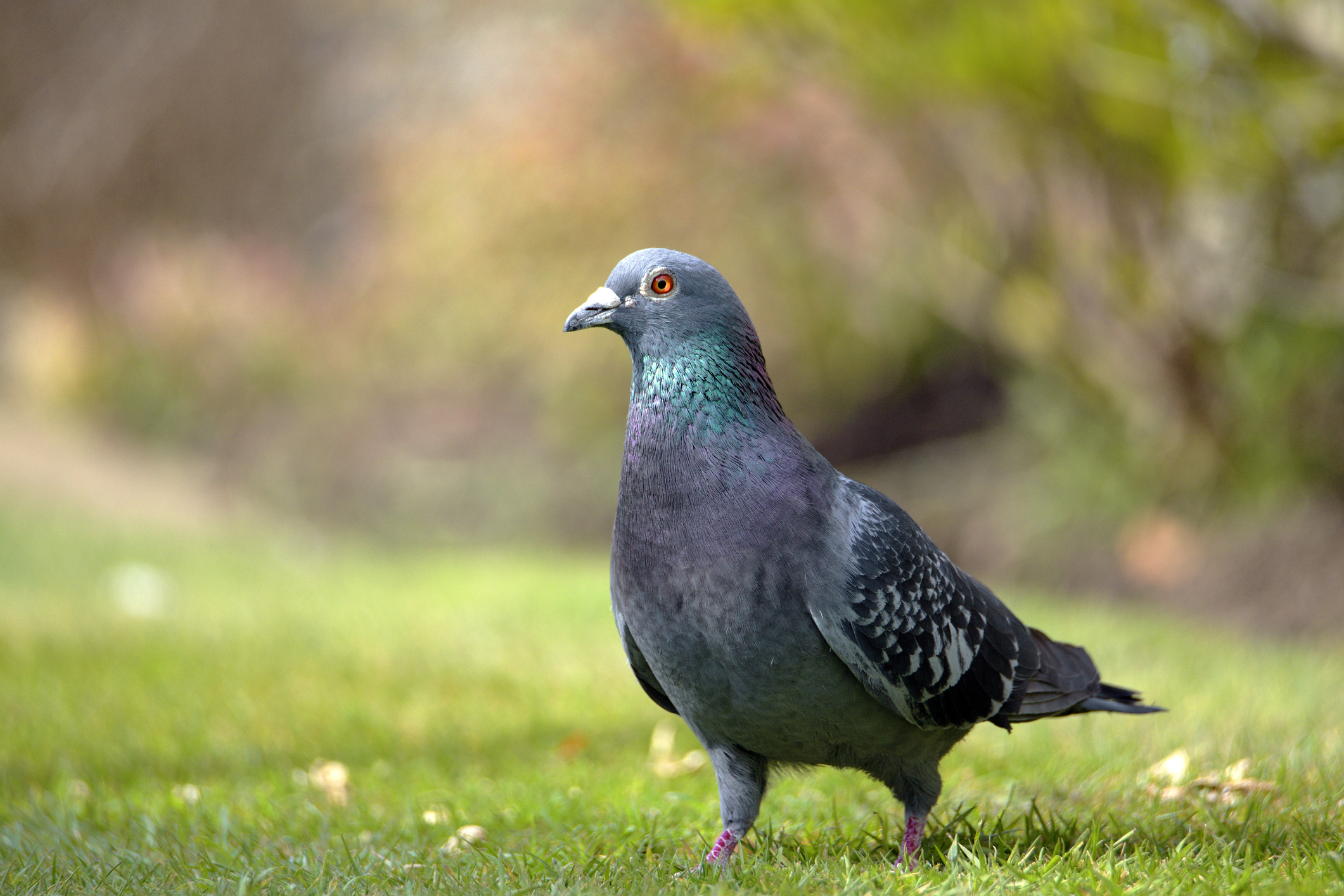
Patrick Galbraith: 'Rather than asking if she could be next up for a pigeon, she quit. Her liking for oat milk should have given the game away'
Country Life's newest columnist Patrick Galbraith on car washes, dogs and the inevitable culture clashes that come with being a
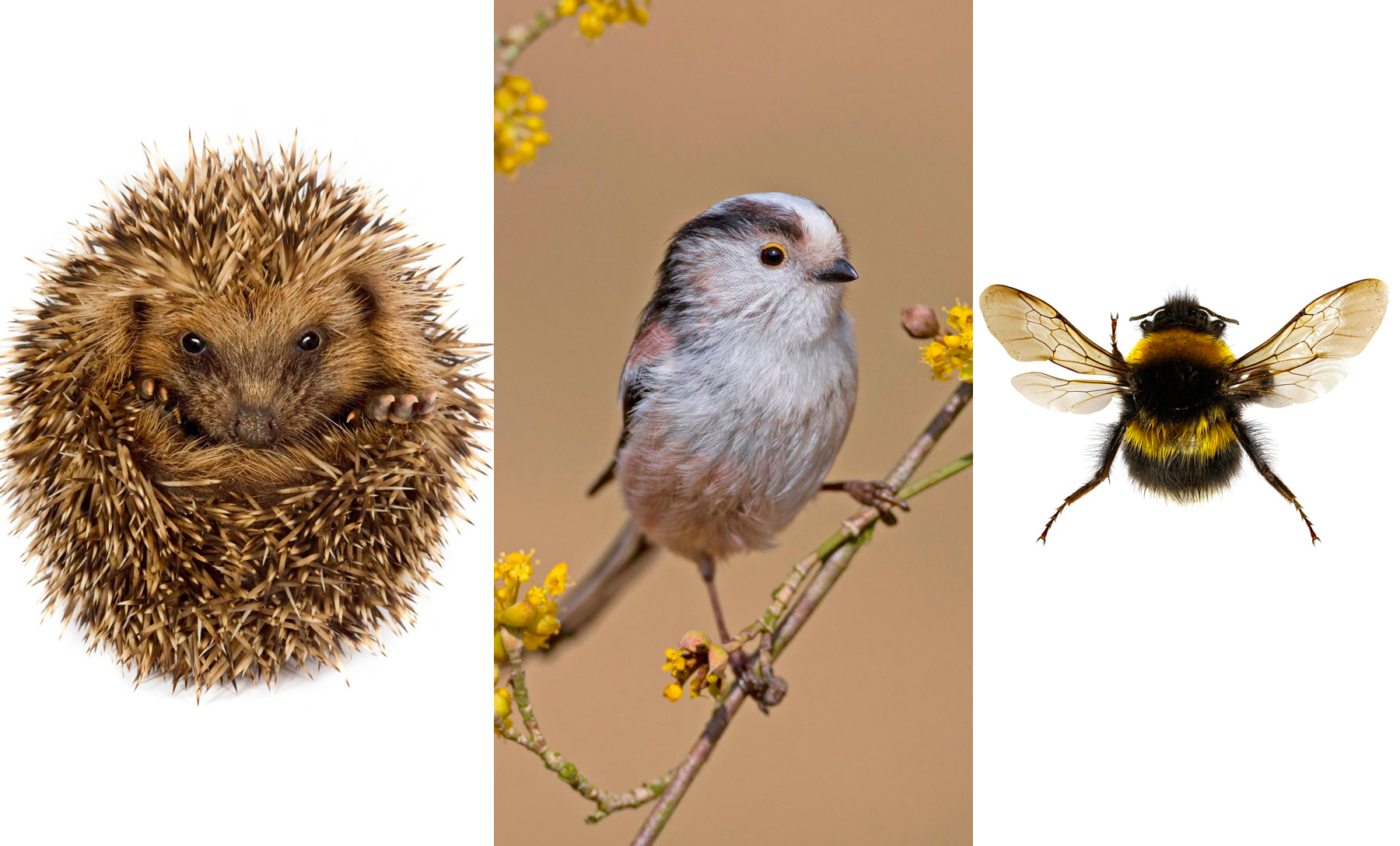
Credit: Alamy
The true meaning of Dumbledore, Chiggypig, Hornywink and Lang lugs, and the other old English animal names all but lost to us
The colourful and beautiful archaic names given to the animals and birds of Britain are in danger of being lost
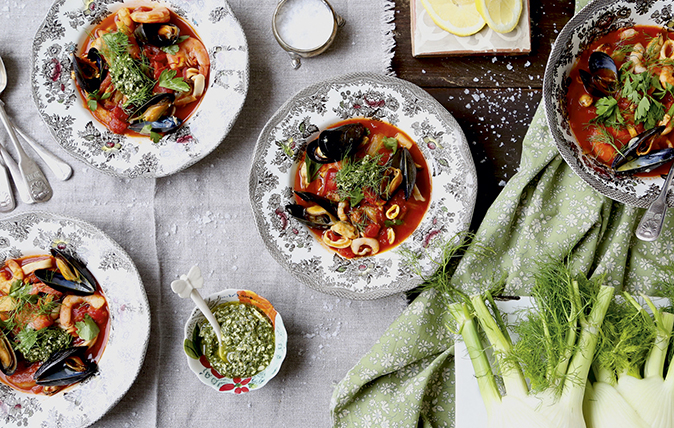
Seafood, fennel and saffron stew
Fennel is a natural companion to fish.
Patrick Galbraith is an author, journalist, former editor of Shooting Times, and a regular contributor to Country Life.
-
 Designer's Room: A solid oak French kitchen that's been cleverly engineered to last
Designer's Room: A solid oak French kitchen that's been cleverly engineered to lastKitchen and joinery specialist Artichoke had several clever tricks to deal with the fact that natural wood expands and contracts.
By Amelia Thorpe
-
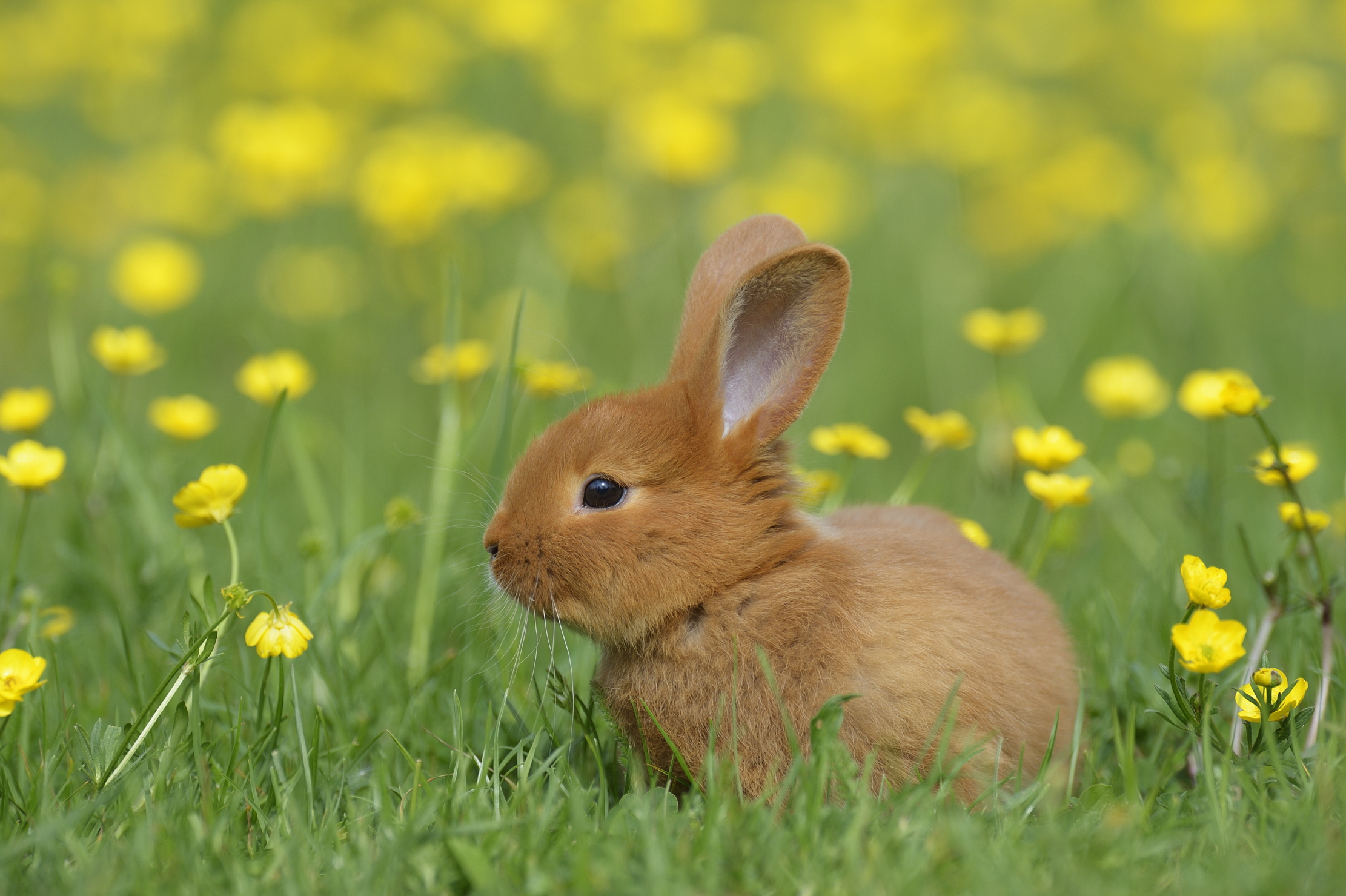 Chocolate eggs, bunnies and the Resurrection: Country Life Quiz of the Day, April 18, 2025
Chocolate eggs, bunnies and the Resurrection: Country Life Quiz of the Day, April 18, 2025Friday's quiz is an Easter special.
By James Fisher